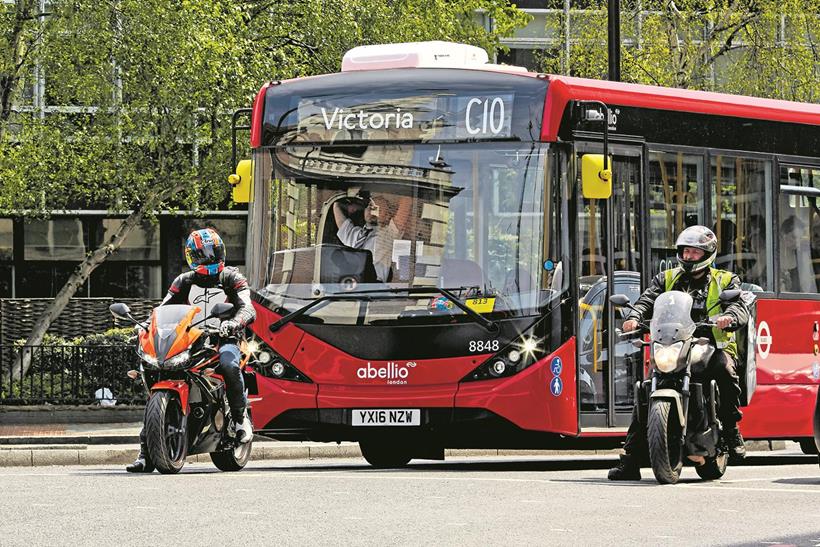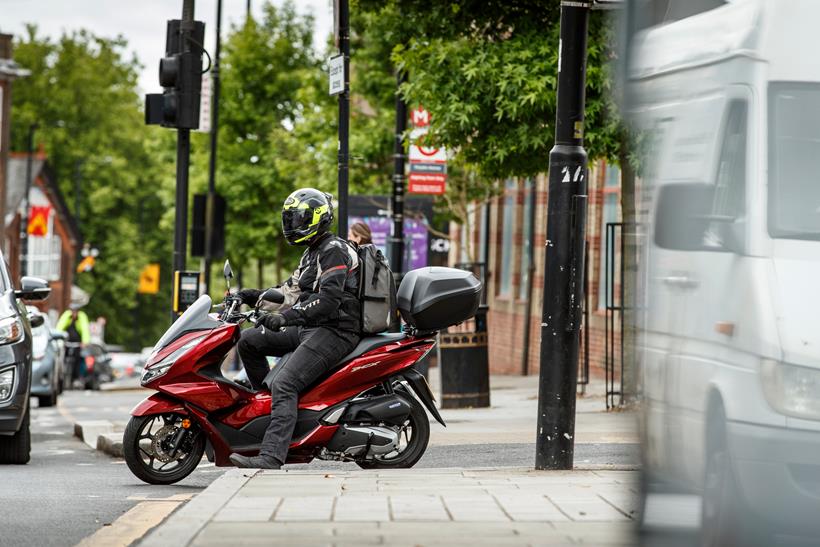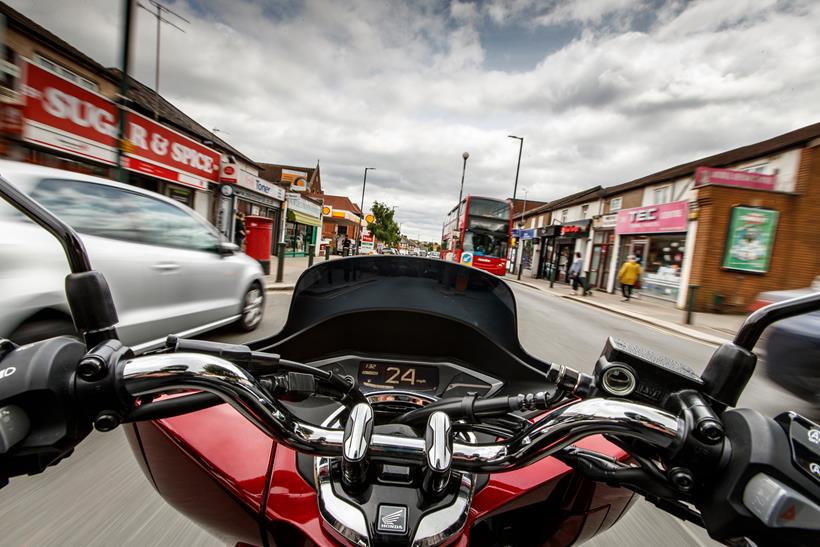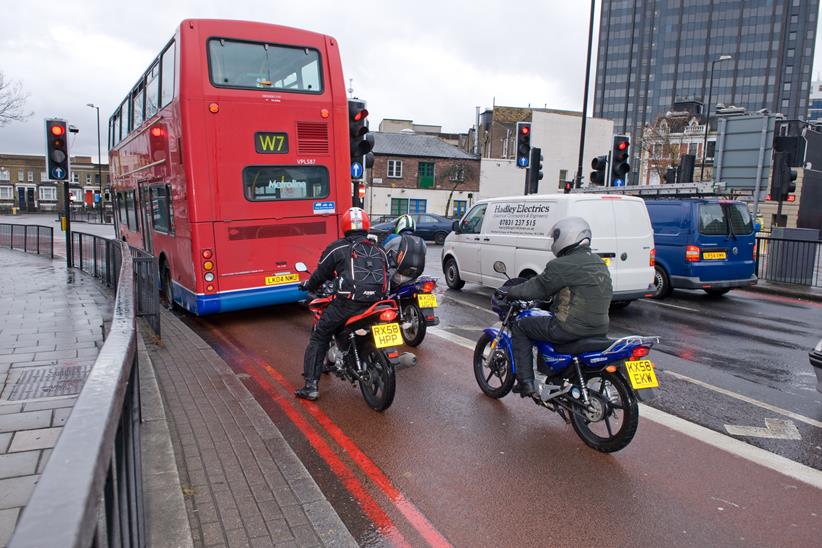Government consultation denies UK-wide bus lane access for bikers despite overwhelming support
The UK’s Labour Government have rejected a motion to allow bikers to use all bus lanes by default, releasing a statement claiming they have: “no policy to encourage greater use of motorcycles.”
The online consultation document ran from March 17 to July 16, 2024, and sought peoples’ views on allowing bikers to use bus lanes by default across the UK. At present, it is at the discretion of each local authority as to whether or not bikers can use the lanes.
“The safety benefits of allowing motorcycles into bus lanes are not clear at this time,” the consultation conclusion read. “Where data is available, the evidence varies. The response rate to this consultation, from local authorities and stakeholder organisations, was low and did not provide a robust evidence base on which to amend the current policy.”

Despite these claims, the Department for Transport (DfT) received 14,327 responses to their questions. Of these, 14,107 were individual people, and 46 came from main stakeholder organisations.
Further to this, a majority of 13,687 respondents said they strongly agreed with the statement: ‘If it is safe to do so, motorcycles should be allowed to access bus lanes by default’. This compared with just 151 who strongly disagreed.
Motorcycles also make up just 0.4% of current UK transport CO2 emissions. Allowing them to use bus lanes more widely could further reduce congestion.

- Related: Read MCN’s expert guide to filtering
“The cost to local authorities in new traffic signs and Traffic Regulation Orders of mandating such a change for existing bus lanes would be considerable,” the conclusion continued.
“At present, the government has no policy to encourage greater use of motorcycles. The existing position, that local authorities can allow motorcycles into bus lanes at their discretion, aligns with wider government policy on bus service improvements, encouraging walking and cycling and devolving powers to local authorities.”
Following the decision, which was published on November 21, multiple motorcycle industry bodies expressed their concern at the decision, and what it could mean for the future of the industry as we transition towards tougher decarbonisation targets.
“Today’s decision is as shocking as it is disappointing,” Motorcycle Industry Association (MCIA) CEO, Tony Campbell said. “It flies in the face of clear evidence and overwhelming public support. It contradicts years of work promoting PLVs (Powered Light Vehicles) as a sustainable transport solution.”

The MCIA represents more than 90% of the UK’s motorcycle manufacturers and importers and consults with Government ministers on behalf of its members.
“By rejecting default bus lane access, the Government has hindered the transition to lighter vehicles, sending a confusing and discouraging message to prospective users. This policy is not just a blow to riders but to Britain’s broader ambition to modernise its transport network and achieve net-zero goals.”
Campbell continued: “The decision risks stalling momentum for PLVs, a sector poised to drive innovation, reduce carbon emissions, and support economic growth. Industry leaders fear it will discourage a new generation of users and weakens Britain’s commitment to sustainable transport.”

Labour moved into power in the UK following an election victory on Thursday, July 4 of this year. The opposition Conservative Party manifesto had promised: “Following the recent consultation, we will allow motorcycles in all bus lanes and reform motorcycle licensing.”
Away from the MCIA, Executive Director of the National Motorcyclists Council, Craig Carey-Clinch said: “It is extremely concerning that the Government has ruled out a measure that could contribute notably to motorcycle safety.

“With ministers stating a commitment to a new Road Safety Strategy, this announcement gives rise to concern that the strategy will not consider the more creative and supportive actions that are needed to improve motorcycle safety.
“Continuing the current approach to motorcycle safety, with a lack of support for strategic motorcycling policies, will do nothing to reverse the decline in casualty reduction rates that has been the picture since 2013. The NMC calls on ministers to think again and to fully engage the motorcycle sector as it develops its Road Safety Strategy.”








